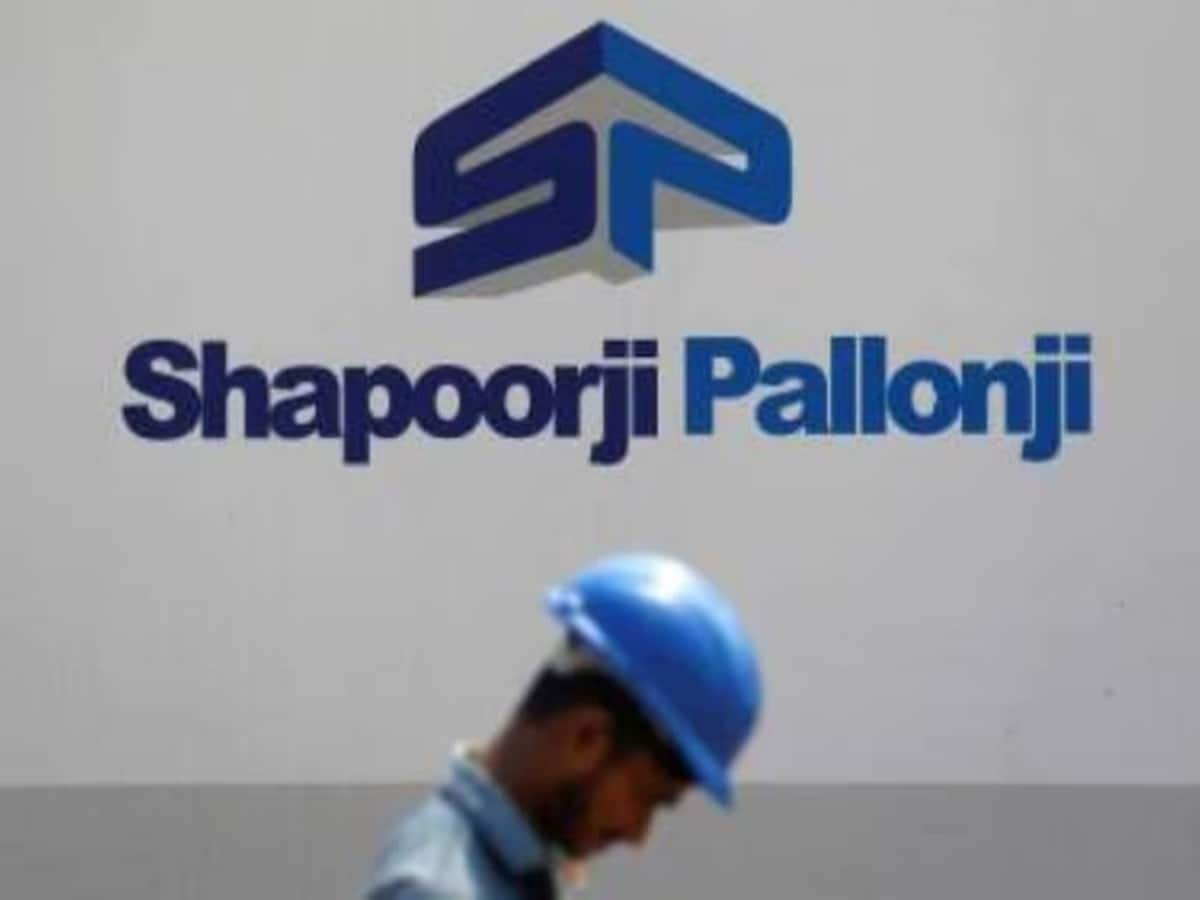The Shapoorji Pallonji Group has received approval from its lenders to defer the payment of ₹1,800 crore in interest. This development has been confirmed by sources familiar with the matter. The interest in question is related to the ₹14,300 crore of non-convertible debentures (NCDs) issued and sold on December 31 of the previous year. The payment was originally due on September 30.
Understanding the Context of the Deferred Payment
The deferment of the interest payment is a significant move for the Shapoorji Pallonji Group, a major player in the Indian construction and real estate sectors. This approval comes amidst broader financial strategies to navigate current economic challenges and optimize cash flows. The ability to delay such a substantial interest payment provides the company with necessary liquidity to focus on ongoing projects and stabilize its financial standing.
Implications for Shapoorji Pallonji Group
The decision to postpone the payment may indicate underlying financial restructuring within the company. By securing this deferral, the Shapoorji Pallonji Group can direct its resources towards strategic initiatives that may include expanding their portfolio, investing in new technologies, or addressing any liquidity constraints.
The Role of Non-Convertible Debentures (NCDs)
Non-convertible debentures (NCDs) are a critical financial instrument used by companies to raise capital. Unlike convertible debentures, these securities do not convert into equity and provide a fixed rate of interest to investors. For Shapoorji Pallonji Group, the issuance of ₹14,300 crore in NCDs signifies an important method of raising significant funds while managing their financial obligations. A delay in interest payments could affect investor confidence in the long run, hence strategic communication with stakeholders will be crucial.
Market Reactions and Future Outlook
The market is closely observing how this development impacts Shapoorji Pallonji Group’s relationships with its lenders and investors. Future reactions may vary based on the company’s ability to successfully manage its debts and maintain robust operational performance. Analysts suggest that while the deferment provides temporary relief, long-term strategies will be vital in ensuring sustained financial health.
Conclusion
In summary, the Shapoorji Pallonji Group’s successful negotiation to defer the interest payment on its non-convertible debentures illustrates the complexities of corporate finance management. As the situation unfolds, stakeholders will be interested in the group’s next steps to ensure continued growth and stability in an evolving economic landscape.
